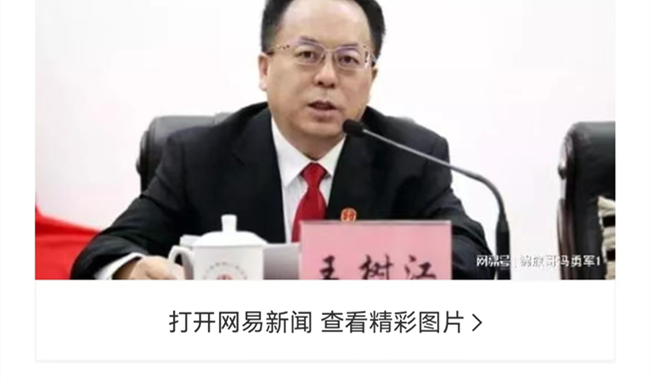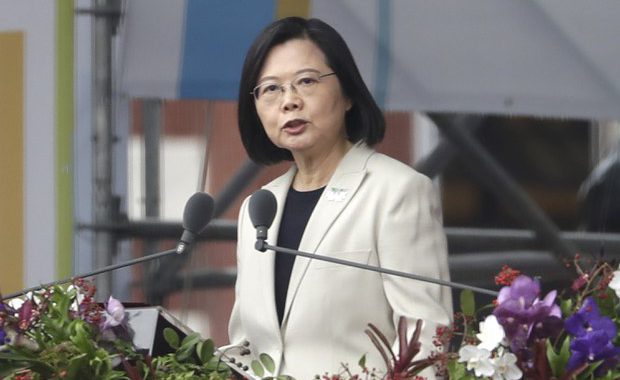China’s #MeToo movement gets its moment in court
3 min read
Zhou Xiaoxuan has launched a rare sexual harassment case against well-known television host Zhu Jun, accusing him of groping her when she was an intern at CCTV
BEIJING – A sexual harassment case against a powerful Chinese media figure begins in Beijing on Wednesday, with his accuser calling it a major moment in the country’s still-young #MeToo movement.
Zhou Xiaoxuan, now 27, sparked a social media storm in 2018 after accusing prominent television host Zhu Jun of groping and forcibly kissing her when she was an intern at state broadcaster CCTV.
China’s first-ever civil code — passed in May — expanded the definition of sexual harassment, but many women are still reluctant to come forward and it is rare for cases like this to make it to court.
“I’m very nervous,” she told AFP on Wednesday ahead of the hearing. “But whether we win or lose the case, it has meaning.”
“If we lose, it allows the questions we raised at least to remain in history. Someone will have to give us an answer.”
Zhou said she found herself alone in a dressing room with Zhu in 2014, and that he groped her after asking if she wanted to continue to work for the channel after her internship.
Zhu is a former host of the country’s annual Spring Festival Gala — one of the world’s most-watched television shows — and other major broadcast events.
He has denied the allegations, and launched his own court case accusing her of damaging his reputation.
Zhou’s case against Zhu was originally filed under the “personality rights” law — covering rights relating to an individual’s health and body — but her lawyers have asked for it to be considered under the new legislation.
Zhou was among a wave of people who came forward in 2018 when an emerging #MeToo movement rocked China.
When she initially reported the case to police, she said she was told that speaking out would affect the image of the state broadcaster where Zhu worked and hurt the feelings of those who admired him.
“These (experiences) make you feel like your existence is very insignificant,” she told AFP.
“Actual harm inflicted on your body can’t even compare with the other party’s illusory fame and power.”
Many women are reluctant to speak out in China’s conservative society where victims can also face blame.
But Zhou has no regrets about launching the case and says that even if it is unsuccessful, she hopes it will encourage more women to speak up.
“Even if I had to experience this all over again, I don’t regret it. In this process I developed an emotional connection with many women and men who had similar experiences,” she said.
“I think all of this is still meaningful.”
Although China’s #MeToo movement was restrained by online censorship and a tightening on civil community issues, several well-known individuals came under fire over allegations of sexual misconduct, including the former head of the government-run Buddhist association.
Lawyer Lu Xiaoquan told AFP that although disputes over sexual harassment can now be taken to court, “having these laws cannot fundamentally change the difficulties sexual harassment victims face.”






